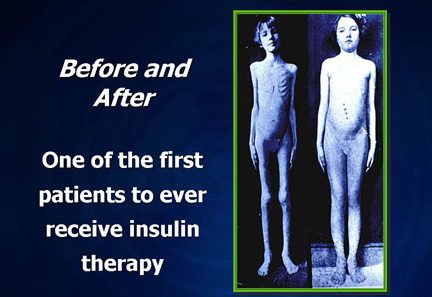People have a fairly intuitive notion of this in my opinion, though it may not be obvious.
Should you give your kid cake for breakfast? Most people wouldn’t (despite most cake being more nutritional than most kids cereal), people also know you don’t want to give kids soda all the time. Why not? Most will say they get wild, rot your teeth etc. so they know a calorie is not a calorie, they affect you differently. People ‘know’ that 100 calories of vegetables is better than 100 calories of candy. If type of calorie didn’t matter we would all eat blizzards and pizza all day and diets would just be small blizzards to keep calories lower.
But fat makes people fat they might say. People KNOW about beer bellies, beer is almost all carbs so why is it known to everyone to make big fat bellies?
It is almost all brain washing and old wives tales. Soda for breakfast is horrifying but the same amount of orange juice contains about the same amount of what makes soda bad and people consider that a great thing to have at breakfast. Do the vitamins magically make it better?
And for the scorched earth approach, what will happen if I, someone requiring 2,000 calories per day, drink 1,500 calories of vodka everyday instead? You’d lose a little weight on your way to a fairly quick death. What about 1,500 calories of protein? You’d lose a little weight on your way to a fairly quick death from protein poisoning (rabbit starvation). Now what about 1,500 calories of fat? While the muscles would not be in the best shape for the long haul, you could survive decades. And lose a little weight.
All 3 of these have the same calorie input but only one doesn’t kill you.





